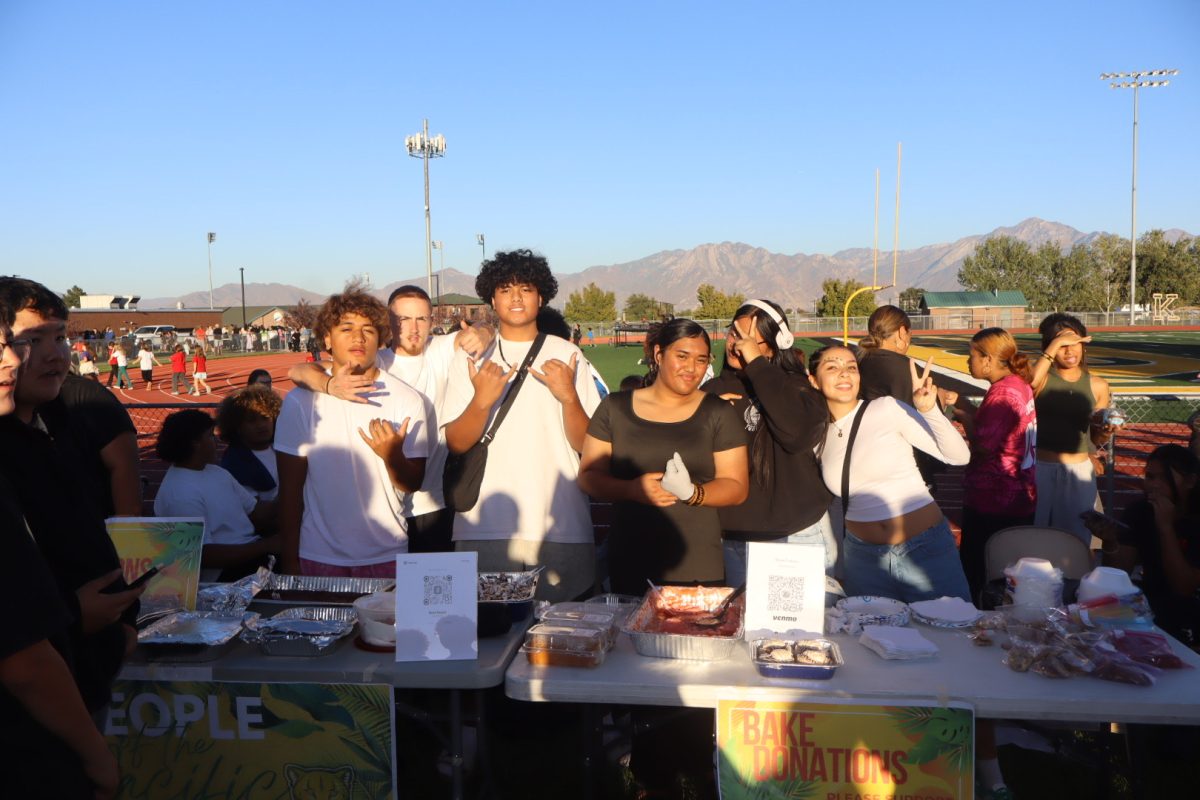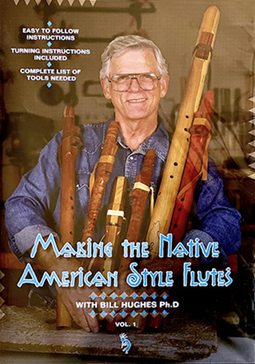“My mom’s grandfather had three wives. I don’t know of anyone that had more than three wives.” Polygamy has been a topic of controversy in the United States since the early days of European Christian settlers. Polygamy is the practice of having more than one spouse at a time, and it has been illegal in the United States for over a century. The practice was effectively made illegal across the United States with the Edmunds Anti-Polygamy Act of 1882, which was upheld until the Mormon Church officially banned the practice of polygamy in 1890. After the ban, the Edmunds Act was no longer enforced. However, the law remained on the books until it was repealed in 1978 (lsd. law). Despite it being illegal, some groups still practice it unlawfully.
It is estimated that around sixty thousand people in the U.S. still are a part of polygamous groups, and as many as 30,000 to 40,000 people in Utah alone. Carlos Jacobs (Alias for his safety), an ex-member of a polygamist group, shares his story. “Early on I questioned everything. I wanted to know more; I was never content with those generic answers.”
Although polygamy has been practiced for the majority of human history, in recent centuries it has started to be seen as immoral throughout many countries. It has begun to be banned throughout the world, although some countries such as those in South Africa still practice it to this day. In fact, today polygamy is most often found in sub-Saharan Africa, where 11% of the population live in arrangements that include more than one spouse (Pew Research Center). In the United States, polygamy was commonly practiced in many Indigenous American groups, although it is most famous for being a prominent part of later Christian practices. Even today, polygamy in the United States is most often associated with the Christian religion, although the majority of Christian groups have historically rejected the practice.
“Back then, I looked at God and religion as my life, as something that guided every single decision I ever made. If I did anything differently, I would go to hell. As I was getting ready to leave, I would have dreams that I would make this decision and my life would go terrible. I’d end up in hell and I was always afraid that I would be damned. But when I left, many amazing things started happening to me. There were good and bad things, but that was it. Nothing horrible would happen to me because I didn’t believe in the same things anymore,” Jacobs says.
One of the main controversies of polygamy involves the treatment of women within the community. Usually, people assume that women are forced into marriages, made to stay home, and prevented from getting an education. While this is true for some groups, it is not necessarily a valid assumption for all polygamist groups. “No one that I know of, since I’ve been in the community at least, was ever married younger than 18. The women choose who they marry as well. No one is forced to do anything. It’s more like if you don’t do as their teachings say, you become the black sheep in the community.”
“A big reason I was able to open my eyes was my partner. She helped me open my eyes to things you would consider non-normal. There are bad things and good things, but one thing that I don’t think a lot of people say is that even though I don’t believe in some of the same stuff anymore, some of the things that I believe in now that made me the person that I am, I learned from my community, like believing in God, even though my relationship is different than it was then. It taught me good principles, how to have manners, and how to treat people. Obviously, I’m doing something different now because I want to, but it wasn’t all bad, and that’s something most people don’t say.”







